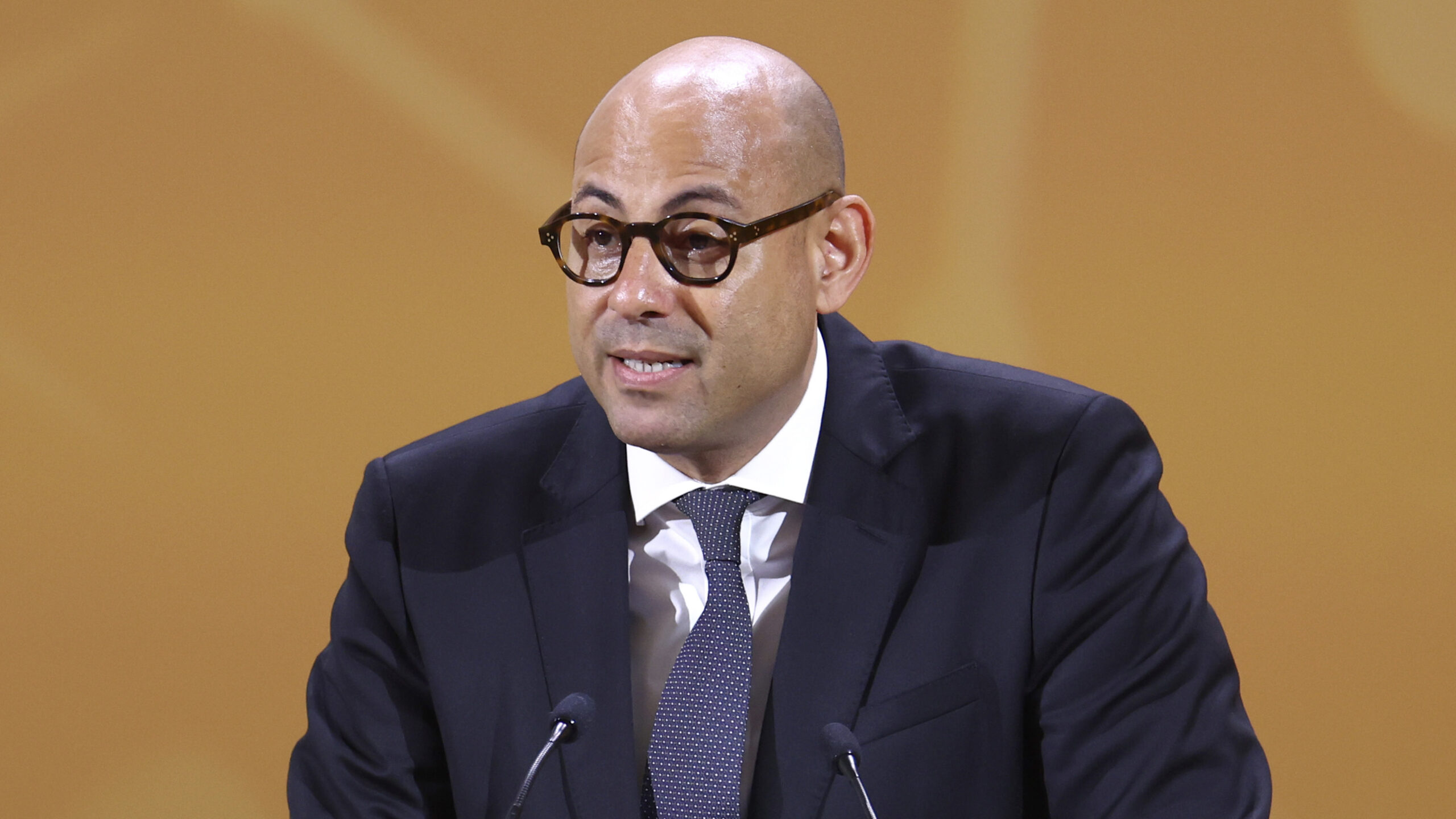
Editor’s note: ‘We need torrents – not trickles – of climate finance’

The latest edition of our Sustainable Views newsletter
Dear reader,
“It’s already blazingly obvious finance is the make-or-break factor in the world’s climate fight – in quantity, quality and innovation,” said Simon Stiell, executive secretary of the UN Framework Convention on Climate Change, on Friday afternoon.
Stiell was speaking in Baku, host of COP29 this autumn, where he gave a powerful speech to try to chivvy Azerbaijan, and the rest of the world, into action. “Without far more finance, 2023’s climate wins will quickly fizzle away into more empty promises,” he continued. “We need torrents – not trickles – of climate finance.”
He reiterated the eye-watering figure of $2.4tn the High-Level Expert Group on Climate Finance estimates is needed every year to invest in renewable energy, adaptation and other climate-related issues in developing countries, excluding China.
Reaching such an amount will require everyone rapidly and wholeheartedly stepping up to the plate. Richer countries must offer “concessional support” and not “quietly pilfer” money for climate action from aid budgets, Stiell insisted. Multilateral banks must demonstrate their commitment to the energy transition “with concrete actions” and “double, if not triple, their collective financial capacity by 2030”. The overall rate of private capital mobilisation must also “double and triple”, he said.
Stiell set out a vision of how the world could look in 2025, 2030 and 2050 if such financial demands become reality. By 2030, he foresees, if all goes to plan, “record investments … going into national and regional grids, and demand-side solutions to drive investment certainty”.
“A fair price on carbon – traded globally with integrity – is further driving investments towards renewables, super-charging innovation,” and “we have broken the investment cycle in fossil fuels. Economies have diversified, their individual pathways away from fossil fuel production are creating more jobs, stronger supply chains and more stable economic growth,” he added.
I’d be interested to know whether readers think such a vision is realistic and whether the financial world, along with governments, is ready for such an “Olympian effort over the next two years to put us on track to where we need to be in 2030 and 2050”.
After digging into the data, Alex finds nearly three-fifths of funds launched in the final quarter of 2023 in Europe were classed as sustainable, suggesting the market is perhaps slightly less gloomy than some suggest.
Meanwhile, in a piece Alex has co-authored with The Banker’s Barbara Pianese, sustainable finance experts say the increasing number of non-binding guidelines or codes of conduct around ESG ratings is a good stepping stone towards more trust and clarity around sustainability scores and data. Yet, they remain concerned about the potential dangers of fragmentation at an international level, where codes of conduct and regulations could conflict with each other given differences in terminology or requirements.
Finally, we report on a briefing by Cambridge University’s Institute for Sustainability Leadership, whose conclusions chime with those of Stiell in their call for the international funding community to provide far more finance, and on far more concessional terms, to enable African countries to transition to clean energy economies.
Until tomorrow,
Philippa
Philippa Nuttall is the deputy editor of Sustainable Views
Similar Articles

Editor’s note: curtains close on European parliament

Editor’s note: business as usual, deregulation or climate-consistent laws?


